Biting is typical behaviour of infants and toddlers that we often notice. As the children grow up and gain self-control and self-regulation, gradually they stop biting. The following article provides information on Common Reasons For Biting, Responding To Biting, Strategies and more.
It may be upsetting for adults and also it can be frightening for the child who bites, and painful for those who have been bitten up and also arise anger in adults but it is just a developmental issue of children. Countless children between the ages of 1 and 3 go through a biting phase and eventually with time the habit outgrows.
Common Reasons For Biting
There are some reasons behind the biting of infants and toddlers. The reasons may vary from child to child. The following are the common reason for biting:
- Relieve pain from teething.o
- Explore cause and effect.
- Some of them may try to experience the sensation of biting.
- And some of them bite to satisfy a need for oral-motor stimulation.
- Many children bite as they want to Communicate their desires, such as hunger or fatigue.
- Some of them also bite to communicate or express difficult feelings, such as frustration, anger, confusion or fear Many children imitate other children and adults and bite and some of them feel strong and in control.
- Others also may bite for attention or in self-defence.
Responding To Biting
First of all, the families who want to stop the biting habits of children need to understand that they have to set their expectancy as per the child’s age. An infant, whatever you may try may bite if sensation felt by the child. And you can not stop him. For others who are bit older parents have to take care that their other needs such as schedule, routine, transitions, etc are going well. Parents also have to understand if the child is biting for self-defense or for attention-seeking, and then they have to take measures accordingly.
Biting is less common in preschoolers than in toddlers. When a preschooler bites, it may be due to something at home or at the program that is causing the child to be upset, frustrated, confused, or afraid. A preschooler may also bite to get attention or to act in self-defence.
If you are observing any biting incidents then get down to the children’s level and asked the reason and firmly tell the child that biting is not good. It hurts. Give comfort to the child who has been hurt and finally talk to the children on a positive note and try to understand the reason behind biting.
Though biting is quite normal in children but if it becomes a habit then one may follow the steps to get removal biting.
- Observe your child to know where, when, and in what situations biting occurs.
- Pay attention to signals. Stay alert and intervene when he is ready to bite.
- Us a reminder system and remind him continuously not to bite.
- Offer foods with a variety of textures to meet your child’s sensory needs
- Teach the words like stop, no, etc to set the limit.
- Try to understand the reason behind the biting habit.
What Are Some Other Strategies To Stop Biting?
- Try to distract the child who bites frequently by giving them a toy or book which will be able to grab his attention and he will forget to bite. You can also take them out for a walk session or out of the room into a new room or other room just to reduce the stress and channelise their attention in another way.
- Notice the reason or the environment that triggers children to bite. Try to change the environment and replace the reason if possible. For example, children may feel irritated if you touch their hair or dress and can react by biting.
- You can share different ways such as you can tell them to be vocal when they do not like anything instead of biting. Set a reminder and tell them to be engaged in works that they like to perform.
- You can read storybooks to them to pacify and make them engaged in a different way than biting.
- You can also read books that deal with biting. As you read, ask your child how the different characters might be feeling. If you have an older toddler, you can ask him to “read” the book to you, by telling you what is happening based on the pictures.
While following these strategies always remember that some particular things need to be avoided while dealing with biting of children. And they are as follows
- One should not be labelled as a biter as it can demotivate him.
- Never bite or never be harsh to a child back who frequently bites.
- Avoid getting angry, yelling, or shaming the child.
- Avoid giving too much attention after any bite incidents
- Do not force a child who bit and the child who was hurt to play together.
- Do not punish publicly as that only humiliates him and punishment never corrects a child’s behaviour.
It is not at all difficult to deal with a child who bites frequently. First of all please remember that this biting is not any disease and take it as a part of the development and deal with how to make the child refrain from biting others instead of treating it as an offense. It is recommended to praise the child for his/her good work. Compliment the child when he or she is playing well with others. This will help the child realize that you value and appreciate this kind of behaviours. It will also help build the child’s self-esteem. Allow small rewards and motivate him to get the reward by behaving well, by not biting others. So, please do not get frustrated and angry with them as they are not performing the activity by knowing the cause ad effects. Always remember that they are a little child and they are in their developmental stage so the behaviour of biting is normal for them but adults have to support the child, have to love them, and have to show confidence in them to get them out from the biting habit.
Further Reading
Biting Child - This article provides information on why children bite, how to stop biting, what to do when nothing works and more.
How To Respond To Toddlers Biting -The following provides information on guidelines to help you and your service respond to incidents of biting.
References:
- Toddlers and Biting: Finding the Right Response


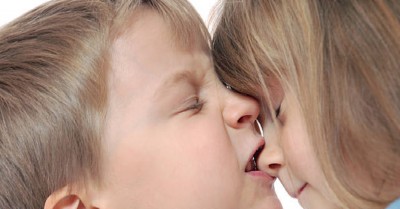
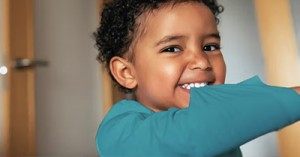
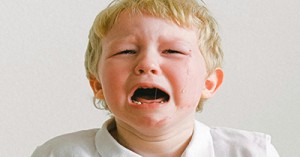
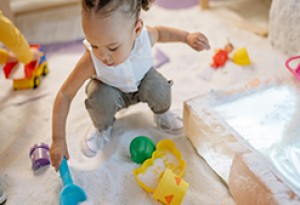

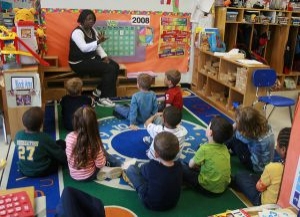 Working as a childcare professional can be a challenge especially when dealing with behavioural problems which may arise. The techniques we use when dealing with
Working as a childcare professional can be a challenge especially when dealing with behavioural problems which may arise. The techniques we use when dealing with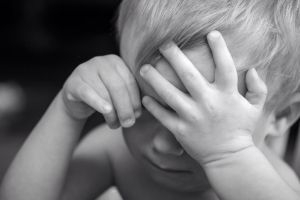 There are different types of behaviour that children can display and sometimes it can be hard to manage, especially if a child is having behavioural
There are different types of behaviour that children can display and sometimes it can be hard to manage, especially if a child is having behavioural As a parent, your behavioural expectations of your child can be higher than what is actually developmentally appropriate for your child's age.
As a parent, your behavioural expectations of your child can be higher than what is actually developmentally appropriate for your child's age.
 As Educators, there will be many instances where you will need to write about a child's behaviour. For a behaviour management plan, assessments, half-yearly or
As Educators, there will be many instances where you will need to write about a child's behaviour. For a behaviour management plan, assessments, half-yearly or As Educators when communicating with Parents (through verbal or non-verbal communication), there will be times where we need to discuss issues or concerns that may
As Educators when communicating with Parents (through verbal or non-verbal communication), there will be times where we need to discuss issues or concerns that may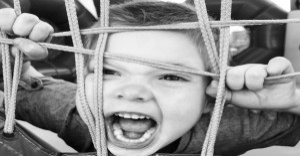 Challenging Behaviour is when a child does something that hurts themselves and/or other people.
Challenging Behaviour is when a child does something that hurts themselves and/or other people.
 As part of your child's development it is normal for your child to have anxiety and fears. A baby commonly shows a fearful sign to
As part of your child's development it is normal for your child to have anxiety and fears. A baby commonly shows a fearful sign to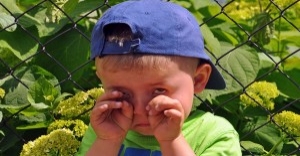 It's always difficult to bring up behavioural issues with parents, it can be nerve wrecking to tell a parent that their child misbehaves but that
It's always difficult to bring up behavioural issues with parents, it can be nerve wrecking to tell a parent that their child misbehaves but that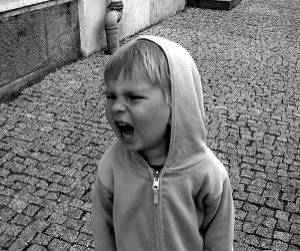 All children deal with anger on a daily basis. Thinking about it as a child, there is a lot to be angry about. Elder people
All children deal with anger on a daily basis. Thinking about it as a child, there is a lot to be angry about. Elder people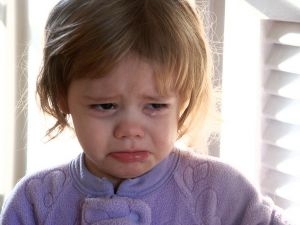 It is important to understand that your child behaviour problems could not just be from attention seeking. There are many factors to take into consideration
It is important to understand that your child behaviour problems could not just be from attention seeking. There are many factors to take into consideration


